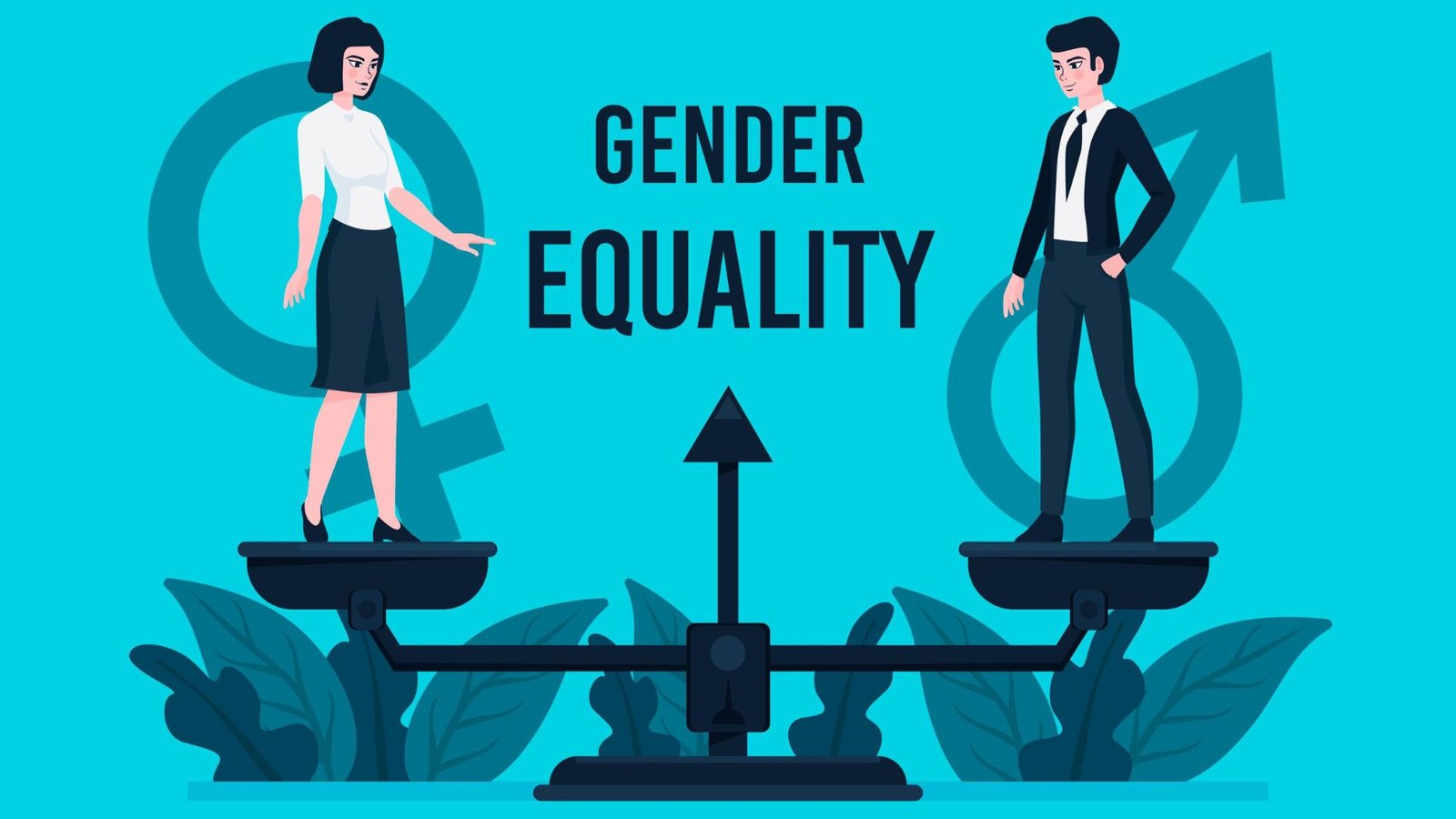How Can Companies Achieve Gender Equality in the Workplace
Gender equality in the workplace is crucial for fostering a fair and inclusive environment where all employees can thrive. Companies that prioritize gender equality not only enhance their organizational culture but also improve overall performance and innovation. Here are practical strategies companies can implement to achieve gender equality in the workplace.

Implementing Fair Hiring Practices
Developing Inclusive Job Descriptions
To start with, companies can achieve gender equality by implementing fair hiring practices. One effective approach is to develop inclusive job descriptions. By using gender-neutral language and focusing on essential skills and qualifications, companies can attract a diverse range of candidates. This practice helps to eliminate biases that might discourage women or other underrepresented groups from applying.
Standardizing Interview Processes
Additionally, standardizing the interview process is crucial for Companies to Achieve Gender Equality. Companies should use structured interviews with consistent questions for all candidates. This approach reduces the influence of unconscious biases and ensures that all candidates are evaluated based on the same criteria. Furthermore, including diverse interview panels can provide a broader perspective and contribute to more balanced hiring decisions.
Promoting Pay Equity
Conducting Regular Pay Audits
Another significant strategy is to promote pay equity within the organization. Companies can conduct regular pay audits to identify and address any discrepancies in compensation between genders. These audits help uncover pay gaps and enable companies to take corrective actions to ensure fair pay for all employees. Transparency in pay practices is also essential for building trust and demonstrating a commitment to gender equality.
Implementing Transparent Salary Ranges
In addition, implementing transparent salary ranges for different roles can support pay equity. By clearly communicating salary ranges and criteria for pay increases, companies can prevent discrepancies and ensure that compensation is based on merit rather than gender. This transparency helps employees understand how their pay is determined and promotes fairness across the organization.
Creating a Supportive Work Environment
Offering Flexible Work Arrangements
To foster a supportive work environment, companies should offer flexible work arrangements. Flexible hours, remote work options, and family leave policies help employees balance work and personal responsibilities. Such arrangements are especially beneficial for individuals with caregiving responsibilities, who are often women. By supporting work-life balance, companies promote gender equality and improve employee satisfaction.
Providing Professional Development Opportunities
Moreover, providing professional development opportunities is vital for gender equality. Companies should ensure that all employees have access to training, mentorship, and career advancement programs. By actively supporting the development of women and other underrepresented groups, companies can help them advance into leadership roles and contribute to a more equitable workplace.
Addressing Unconscious Bias
Implementing Bias Training Programs
Addressing unconscious bias is another critical component of achieving gender equality. Companies can Achieve Gender Equality by implementing bias training programs to educate employees about unconscious biases and their impact on decision-making. These programs help raise awareness and equip employees with tools to recognize and mitigate biases in their work.
Developing Inclusive Policies
In addition to training, developing and enforcing inclusive policies is essential. Companies should establish clear policies that promote equality and prevent discrimination. These policies should cover various aspects of workplace conduct, including harassment, promotion practices, and accommodations for diverse needs. By creating a supportive and inclusive environment, companies reinforce their commitment to gender equality.
Encouraging Open Communication
Creating Safe Reporting Channels
Encouraging open communication is key to addressing gender equality issues. Companies should establish safe and confidential reporting channels for employees to voice concerns or report incidents of discrimination or harassment. Ensuring that employees feel heard and also supported is crucial for maintaining a respectful and inclusive workplace.
Regularly Reviewing Company Culture
Furthermore, regularly reviewing company culture can help identify areas for improvement. Companies should conduct employee surveys and feedback sessions to assess the effectiveness of their gender equality initiatives. By actively seeking and addressing employee feedback, companies can make informed adjustments and continuously improve their approach to gender equality.
Measuring Progress and Success
Setting Clear Goals and Metrics
Finally, measuring progress and success is vital for achieving gender equality. Companies should set clear goals and metrics to track their progress. This includes monitoring key performance indicators such as gender representation in leadership roles, pay equity, and employee satisfaction. Regularly reviewing these metrics helps companies assess the effectiveness of their initiatives and also to make necessary adjustments.
Celebrating Achievements and Sharing Best Practices
In addition, celebrating achievements and sharing best practices can inspire continued progress. Recognizing and rewarding efforts that contribute to gender equality motivates employees and reinforces the company’s commitment to fairness. Sharing successful strategies and initiatives with other organizations can also promote broader positive change.
Conclusion: Building a Gender-Equal Workplace
In conclusion, achieving gender equality in the workplace requires a multifaceted approach that includes fair hiring practices, pay equity, a supportive work environment, and addressing unconscious bias. By implementing these strategies, companies can create a more inclusive and also an equitable workplace where all employees have the opportunity to succeed. Measuring progress and celebrating achievements further solidifies a company’s commitment to gender equality, fostering a culture of fairness and respect.



